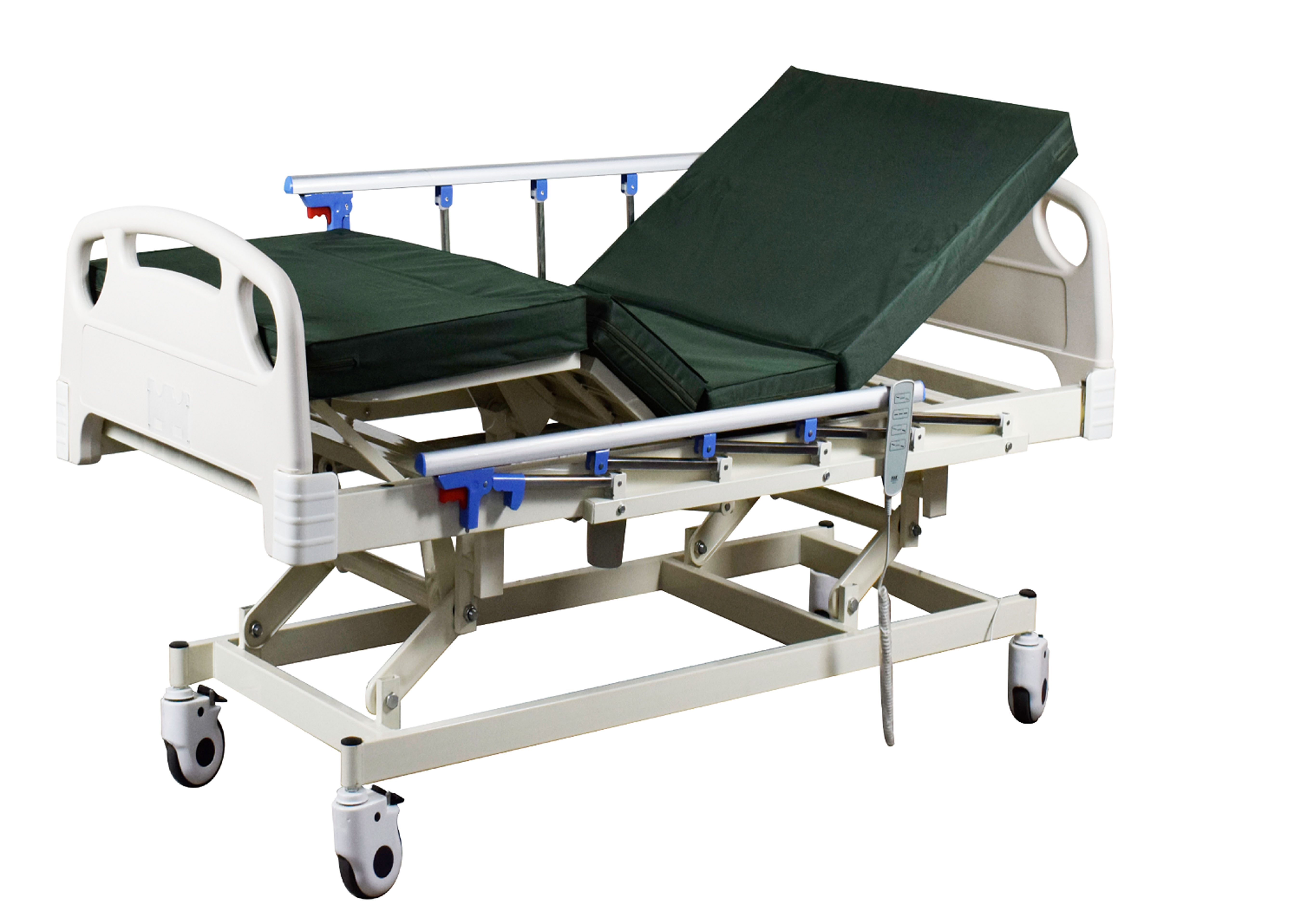Welcome to our websites!
Tailored Electric Wheelchairs for Enhanced Mobility and Personalized Comfort
Customized Electric Wheelchairs Personalizing Mobility for Everyone
In a world that increasingly values independence and accessibility, customized electric wheelchairs emerge as a beacon of empowerment for individuals with mobility challenges. Unlike traditional wheelchairs, customized electric wheelchairs can be tailored to meet the specific needs, preferences, and lifestyles of users. This customization not only enhances comfort and usability but also fosters a sense of individuality and freedom.
Understanding the Need for Customization
Electric wheelchairs, also known as power chairs, are designed to provide mobility assistance to those with limited physical capabilities. Standard models often come with basic features and settings, which may not suit everyone. Individuals with disabilities, injuries, or age-related mobility issues may face unique challenges that standard wheelchairs cannot fully address. A customized electric wheelchair can cater to various factors, including the user's physical condition, daily activities, and personal taste.
For instance, someone suffering from a spinal cord injury may require a chair with specific seating configurations to prevent pressure sores. Conversely, an individual with a degenerative disease may need a wheelchair that can adapt as their condition changes over time. Custom models can offer adjustable seating, advanced support systems, and customizable control interfaces to facilitate easier navigation and enhanced comfort.
Key Features of Customized Electric Wheelchairs
1. Seating and Positioning One of the most critical aspects of customization is the seating arrangement. Options can include contoured cushions, pressure-relieving materials, and adjustable backrests to ensure proper posture and reduce discomfort during long periods of use. Some models even come with tilt and recline capabilities, helping users make necessary adjustments throughout the day.
2. Control Systems Customized electric wheelchairs can feature various control systems tailored to the user’s needs. For example, individuals with limited hand mobility can have joystick controls adapted to their capacities, while those with cognitive challenges may benefit from simplified interfaces. Advanced options like sip-and-puff controls or head arrays offer more people greater independence and user-led steering.
customized electric wheelchair

3. Size and Configuration Wheelchair dimensions play a significant role in usability. Customized wheelchairs can be adjusted for width, height, and overall dimensions to fit the user’s body type perfectly. This attention to size ensures that users feel comfortable and secure in their seating arrangement without feeling constricted.
4. Custom Accessories Beyond the fundamental structure, customized electric wheelchairs can incorporate accessories based on individual preferences and daily needs. This could range from detachable armrests, footrests, or backpacks for convenient storage, to specialized mounts for smartphones or tablets, enabling users to stay connected while on the go.
5. Aesthetic Choices Personal expression matters. Customized electric wheelchairs can come with a variety of colors, patterns, and designs, allowing users to choose options that reflect their personalities. Whether it's a sleek metallic finish or vibrant decals, the aesthetic component is crucial for many users striving to feel unique and seen.
The Benefits of Customized Electric Wheelchairs
Aside from enhancing the user’s mobility and comfort, customized electric wheelchairs provide significant psychological benefits. When users can choose a design that represents them, it fosters self-esteem and social inclusion. The ability to navigate independently can substantially affect quality of life, expanding horizons and allowing users to participate in social, recreational, and occupational activities without hesitation.
Moreover, the customization process often involves close collaboration between users, healthcare providers, and manufacturers. This partnership ensures users receive a device that not only meets their physical needs but also resonates with their lifestyle aspirations and social engagement goals.
Conclusion
Customized electric wheelchairs are much more than assistive devices—they are personalized solutions that empower individuals to reclaim their independence and express their identities. With their unique features and customizable components, these wheelchairs are transforming the lives of users, offering them the dignity of movement and the freedom to live life on their terms. As technology advances and the emphasis on accessible design continues to grow, the future of customized electric wheelchairs is promising, paving the way for a more inclusive society that values the mobility of every individual.
-
Transforming Healthcare with Hospital FurnitureNewsJun.24,2025
-
Rehabilitation EquipmentNewsJun.24,2025
-
Mobility and Independence with WheelchairsNewsJun.24,2025
-
Freedom of Mobility with Our Rollator WalkersNewsJun.24,2025
-
Comfort and Independence with Commode ChairsNewsJun.24,2025
-
Bathing Safety and Independence with Shower ChairsNewsJun.24,2025
-
Navigating the Wholesale Landscape of Electric Mobility Solutions: Key Considerations for Power Wheelchair DealersNewsJun.10,2025











